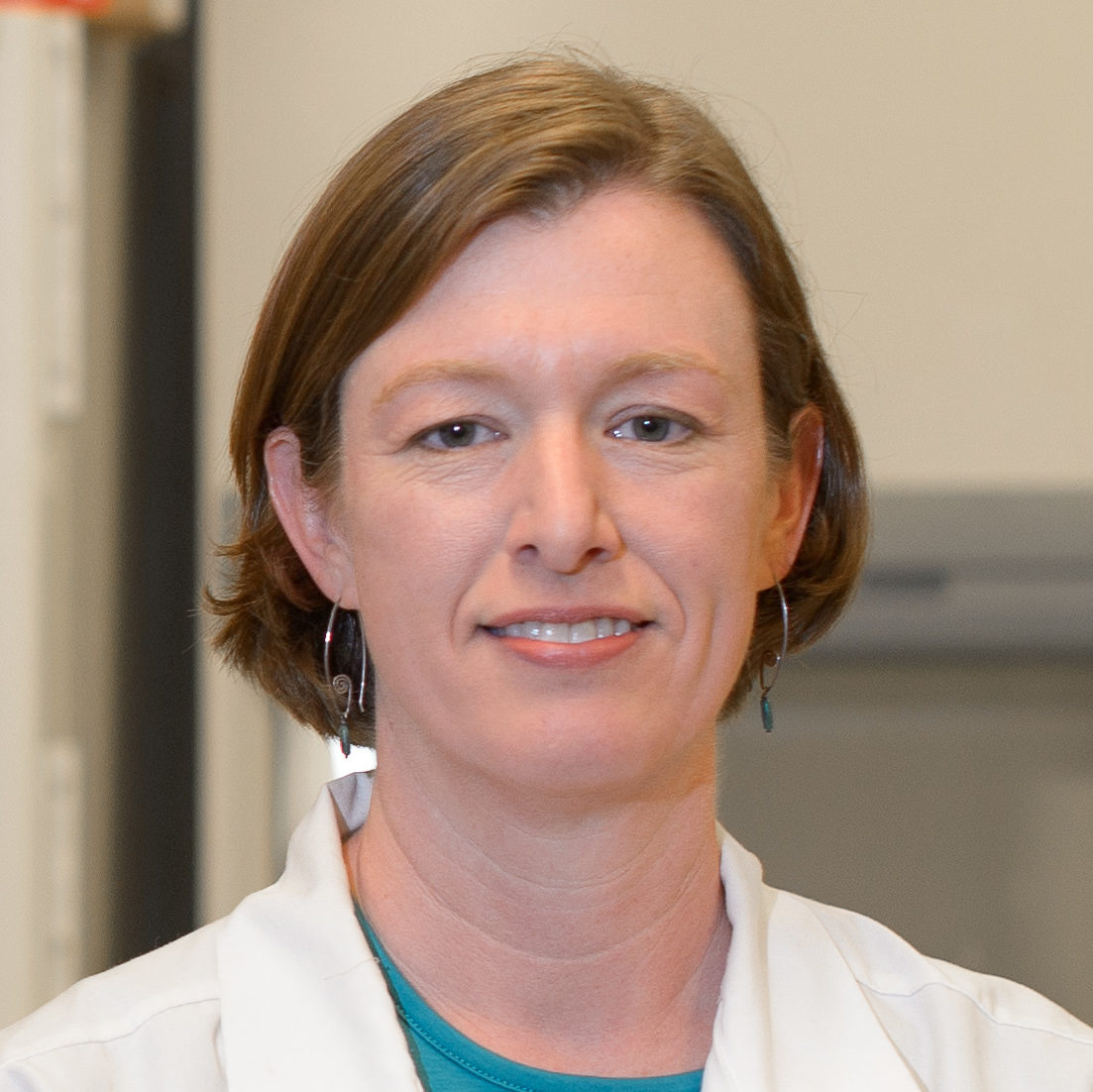The Houston Museum of Natural Science
Events at this venue

Rewriting Modern Human Origins: Insights from New Discovery in Morocco
The Houston Museum of Natural Science 5555 Hermann Park Drive, Houston, TX, United StatesIn this talk Dr. Shara Bailey will discuss her work on the newly discovered 300,000 year old Homo sapiens fossils in Jebel Irhoud, Morocco. The fossils show that by about 300,000 years ago, important changes in our biology and behavior and are reshaping our understanding of how we evolved.
$18
Rewriting Modern Human Origins: Insights from New Discovery in Morocco
The Houston Museum of Natural Science 5555 Hermann Park Drive, Houston, TX, United StatesIn this talk Dr. Shara Bailey will discuss her work on the newly discovered 300,000 year old Homo sapiens fossils in Jebel Irhoud, Morocco. The fossils show that by about 300,000 years ago, important changes in our biology and behavior and are reshaping our understanding of how we evolved.
$18
Nutrition in Wild Orangutans: Insights into Human Health
The Houston Museum of Natural Science 5555 Hermann Park Drive, Houston, TX, United StatesPrimate dietary ecologist Dr. Erin Vogel will discuss how information from diet, behavior, and physiology can help us understand how orangutans are adapted for survival in Borneo’s forests and shed light on the current obesity epidemic in modern day humans.
$18
Nutrition in Wild Orangutans: Insights into Human Health
The Houston Museum of Natural Science 5555 Hermann Park Drive, Houston, TX, United StatesPrimate dietary ecologist Dr. Erin Vogel will discuss how information from diet, behavior, and physiology can help us understand how orangutans are adapted for survival in Borneo’s forests and shed light on the current obesity epidemic in modern day humans.
$18More than Genes: Predators, Parasites and Partners of the Human Body
The Houston Museum of Natural Science 5555 Hermann Park Drive, Houston, TX, United StatesWe evolved in a wilderness of parasites, mutualists, and pathogens, but we no longer see ourselves as being part of nature and the broader community of life. In the name of progress and clean living, we scrub much of nature off our bodies; however, a host of species still cling to us and always will. This is not necessarily a bad thing. Join biologist and author Robert Dunn as we explore the influence these wild species have on our well-being and the world.
$18More than Genes: Predators, Parasites and Partners of the Human Body
The Houston Museum of Natural Science 5555 Hermann Park Drive, Houston, TX, United StatesWe evolved in a wilderness of parasites, mutualists, and pathogens, but we no longer see ourselves as being part of nature and the broader community of life. In the name of progress and clean living, we scrub much of nature off our bodies; however, a host of species still cling to us and always will. This is not necessarily a bad thing. Join biologist and author Robert Dunn as we explore the influence these wild species have on our well-being and the world.
$18
Tracking a Killer: The Origin and Evolution of Tuberculosis
The Houston Museum of Natural Science 5555 Hermann Park Drive, Houston, TX, United StatesIn 2014, Tuberculosis (TB) surpassed HIV as the leading cause of death from infectious disease. Unlike HIV, TB has long been a scourge of humans; however, exactly how long has been debated. Also controversial has been the presence and relationship of pre-Columbian tuberculosis in the Americas to TB strains in the rest of the World. … Continued
$18
Tracking a Killer: The Origin and Evolution of Tuberculosis
The Houston Museum of Natural Science 5555 Hermann Park Drive, Houston, TX, United StatesIn 2014, Tuberculosis (TB) surpassed HIV as the leading cause of death from infectious disease. Unlike HIV, TB has long been a scourge of humans; however, exactly how long has been debated. Also controversial has been the presence and relationship of pre-Columbian tuberculosis in the Americas to TB strains in the rest of the World. … Continued
$18
The Fastest Evolving Regions of the Human Genome
The Houston Museum of Natural Science 5555 Hermann Park Drive, Houston, TX, United StatesAlthough a child can tell the difference between a chimp and a man, identifying the specific DNA mutations that make us human is one of the greatest challenges of biology. The genomic sequence is approximately 3 billion letters long, with millions of mutations and rearrangements specific to humans. Using computational algorithms to compare our DNA … Continued
$18
The Fastest Evolving Regions of the Human Genome
The Houston Museum of Natural Science 5555 Hermann Park Drive, Houston, TX, United StatesAlthough a child can tell the difference between a chimp and a man, identifying the specific DNA mutations that make us human is one of the greatest challenges of biology. The genomic sequence is approximately 3 billion letters long, with millions of mutations and rearrangements specific to humans. Using computational algorithms to compare our DNA … Continued
$18Medicine Without Evolution is like Engineering Without Physics
The Houston Museum of Natural Science 5555 Hermann Park Drive, Houston, TX, United StatesEvolutionary medicine uses the basic science of evolutionary biology to improve the understanding, prevention and treatment of disease. Instead of just asking how the body works and why it goes awry, it also asks why natural selection left us with so many traits like wisdom teeth and the narrow birth canal that leave us vulnerable … Continued
$18Medicine Without Evolution is like Engineering Without Physics
The Houston Museum of Natural Science 5555 Hermann Park Drive, Houston, TX, United StatesEvolutionary medicine uses the basic science of evolutionary biology to improve the understanding, prevention and treatment of disease. Instead of just asking how the body works and why it goes awry, it also asks why natural selection left us with so many traits like wisdom teeth and the narrow birth canal that leave us vulnerable … Continued
$18



